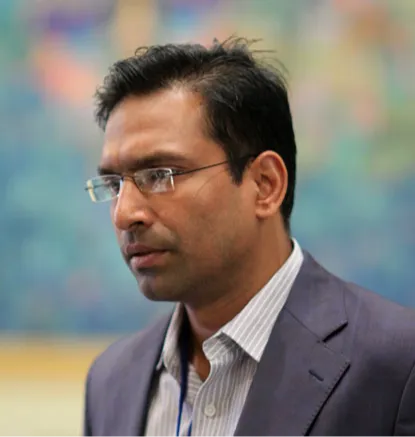During the course of the demonetization drive, Prime Minister Narendra Modi made a strong pitch for exploring the idea of state funding of political activities with the express purpose of reducing the role of black money in politics. Both empirical and anecdotal data on India’s political finance indicate that a mammoth 75-80 per cent of political finance is generated from illicit sources. Thus, a public funding facility is expected to reduce the dependency of “big money” and promote a level playing field. It is well acknowledged that new and small parties find it extremely difficult to compete with the bigger and established parties due to a disparity in finances. Overall, the democratic system should not be the preserve of a few.
Read also | < style="color: #960f0f">Union Budget: A good beginning to cleanse political funding
Globally, the public funding of political activities, particularly election expenses, has grown as a popular instrument to fight the pernicious effects of big money in politics. There are about 80 democracies that have adopted some form of public funding for political parties and elections, like the United States, United Kingdom (UK), Germany, Finland and Italy. Within Asia, many countries including Japan, South Korea, Israel have some form of public funding. Of course, there is wide diversity in the methods of disbursing funds or handing out state aid to political parties and candidates. While the UK provides GBP 3.00 per vote in the Westminster elections, there are countries that extend matching contribution to collected contribution. A number of democracies provide support in kind and in the form of direct subsidies to state and regional parties. While a handful of countries such as the US and Uruguay provide direct subventions to candidates.
Read also | < style="color: #960f0f">Will Modi utilise demonetisation to clean up corrupt political funding?
The moot question is how these countries have fared in meeting the original goal of reducing the role of big money, checking corruption, enhancing transparency and importantly creating entry points for new entrants. The experience has not been all that impressive. For instance, Italy, Israel, and Finland have not seen any visible reduction in expenditures due to public funding, despite strong systems of checks and balances in place. In the US, big money continues to be routed through political association committees (PACs). In fact, the Obama years saw two of the most expensive presidential elections. However, there are countries like the UK, Germany, and even Japan that have reduced the expenditure, increased transparency, and brought about political competition among diverse players including smaller and new parties. Yet, successes in these countries have come largely through strict transparency and disclosure norms, elaborate regulatory mechanisms, and public scrutiny of expenditures by parties and candidates.
Read also | < style="color: #960f0f">Reforming campaign finance
While there is a mixed record on public funding, India must tread cautiously. State funding would reduce disparity in money supply, encourage talented meritorious candidates lacking resources, and aid clean campaigns. But India’s present system of campaign finance laws and institutional processes are in a mess. India’s system of rules on transparency, disclosure, and lack of a strong and effective regulatory agency would come as a great boon for parties to grab state subsidies and continue to pocket illicit money from private business. The clearest proof is the present system of an upper ceiling on spending in elections. Candidates openly flout the rules. Unless preceded by a strong regulatory regime of transparency and disclosure and an effective regulatory body to go after violators, the idea of state funding must remain in the cold storage. Honest tax payer’s money should not go for funding political extravaganza.
This commentary was published in DNA
The views expressed above belong to the author(s). ORF research and analyses now available on Telegram! Click here to access our curated content — blogs, longforms and interviews.




 PREV
PREV


